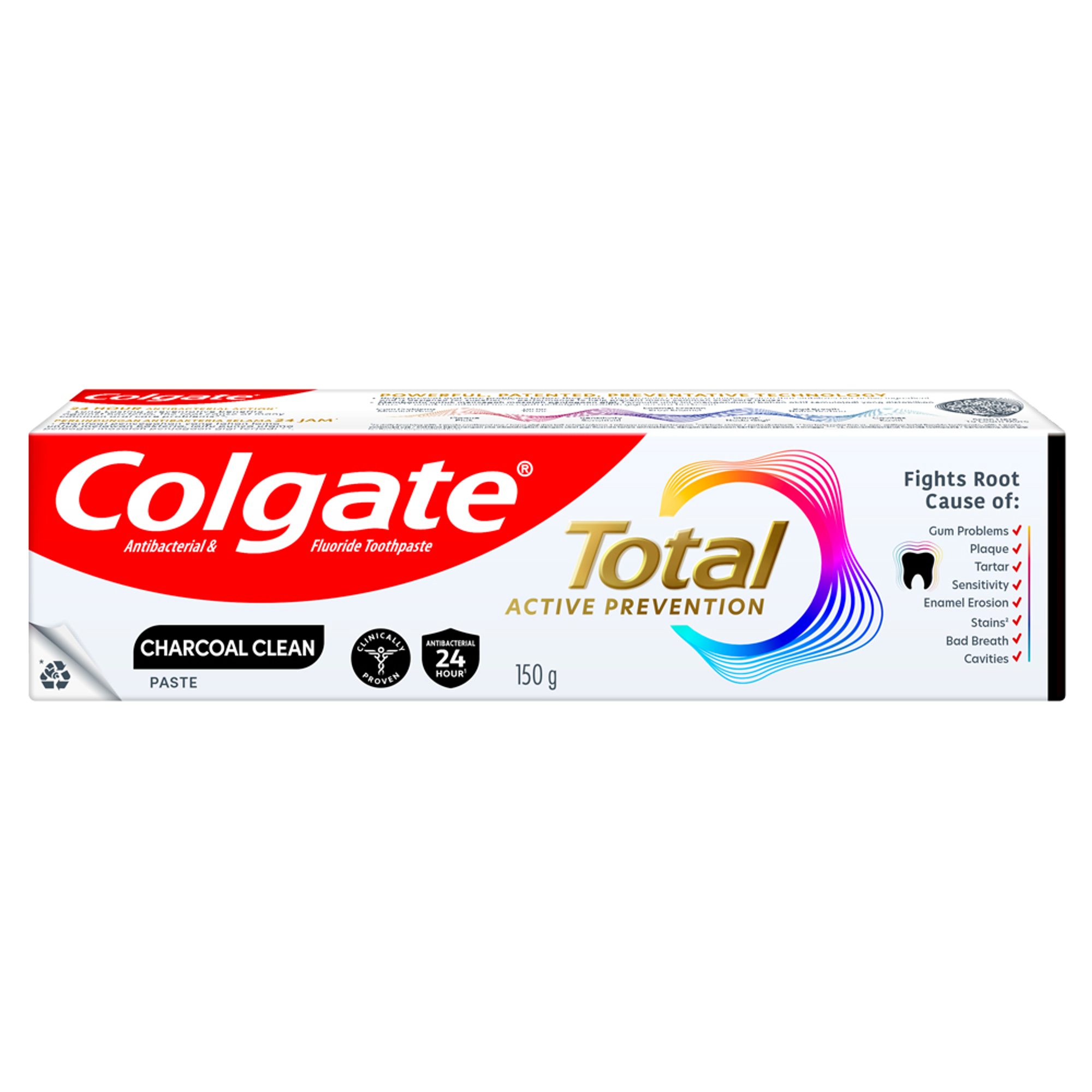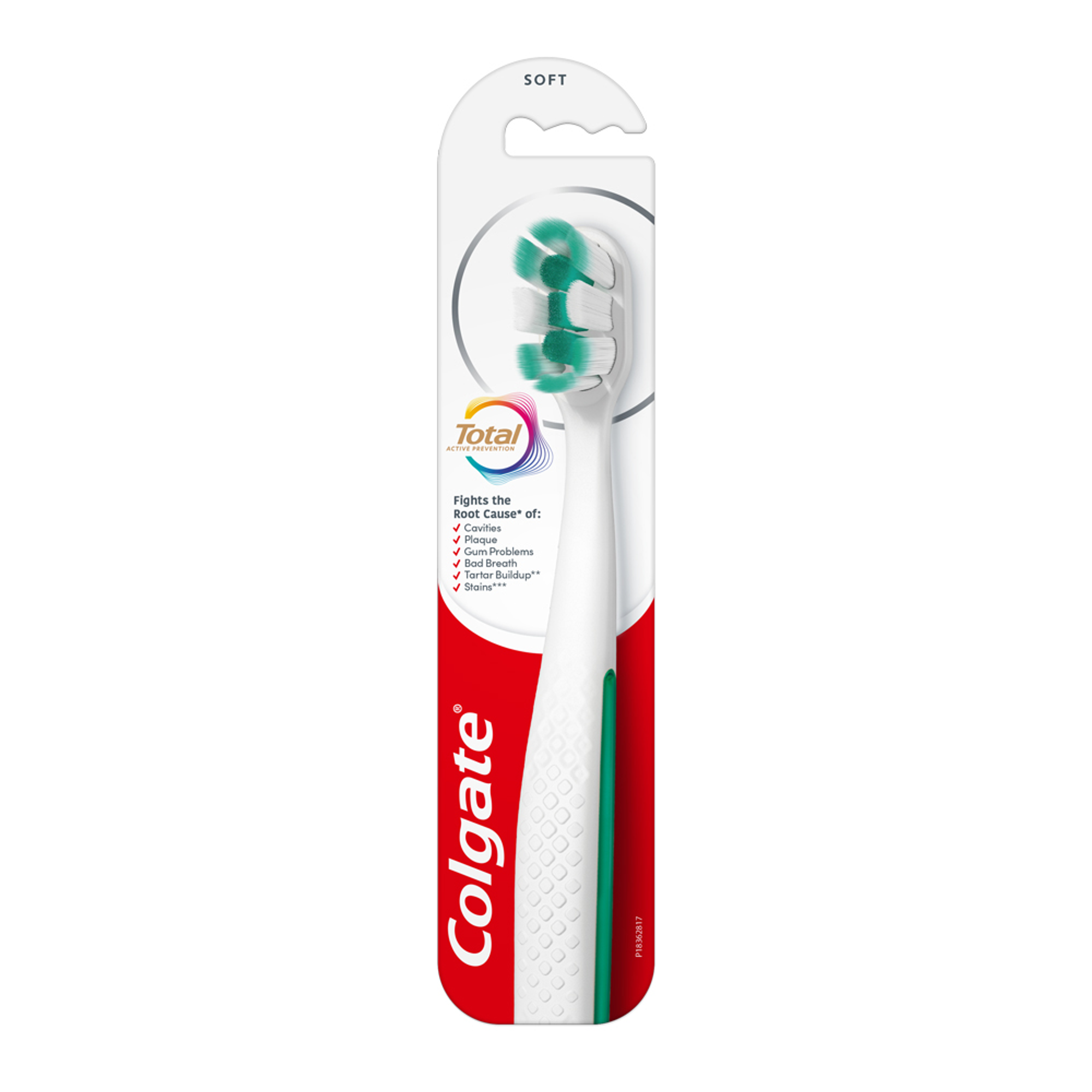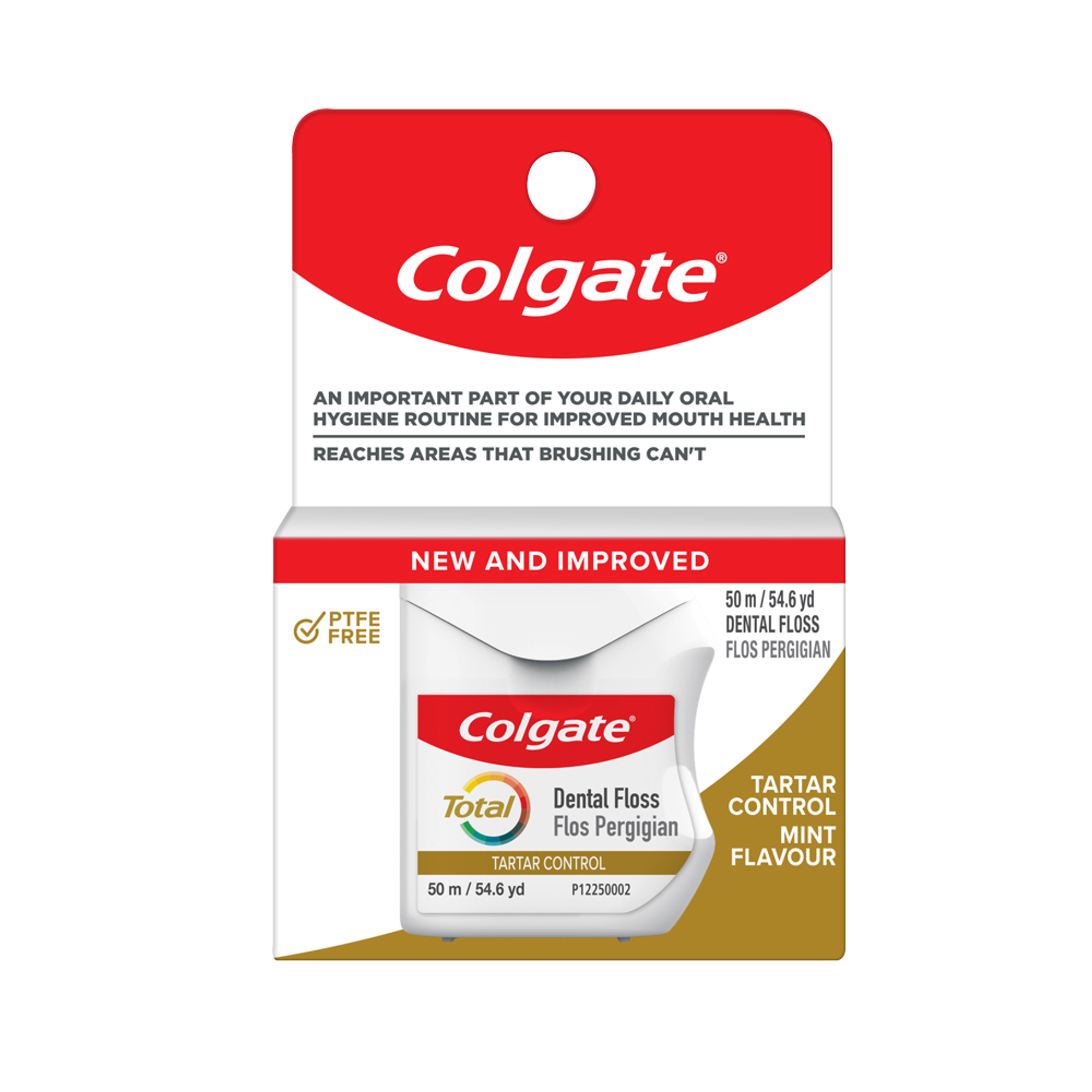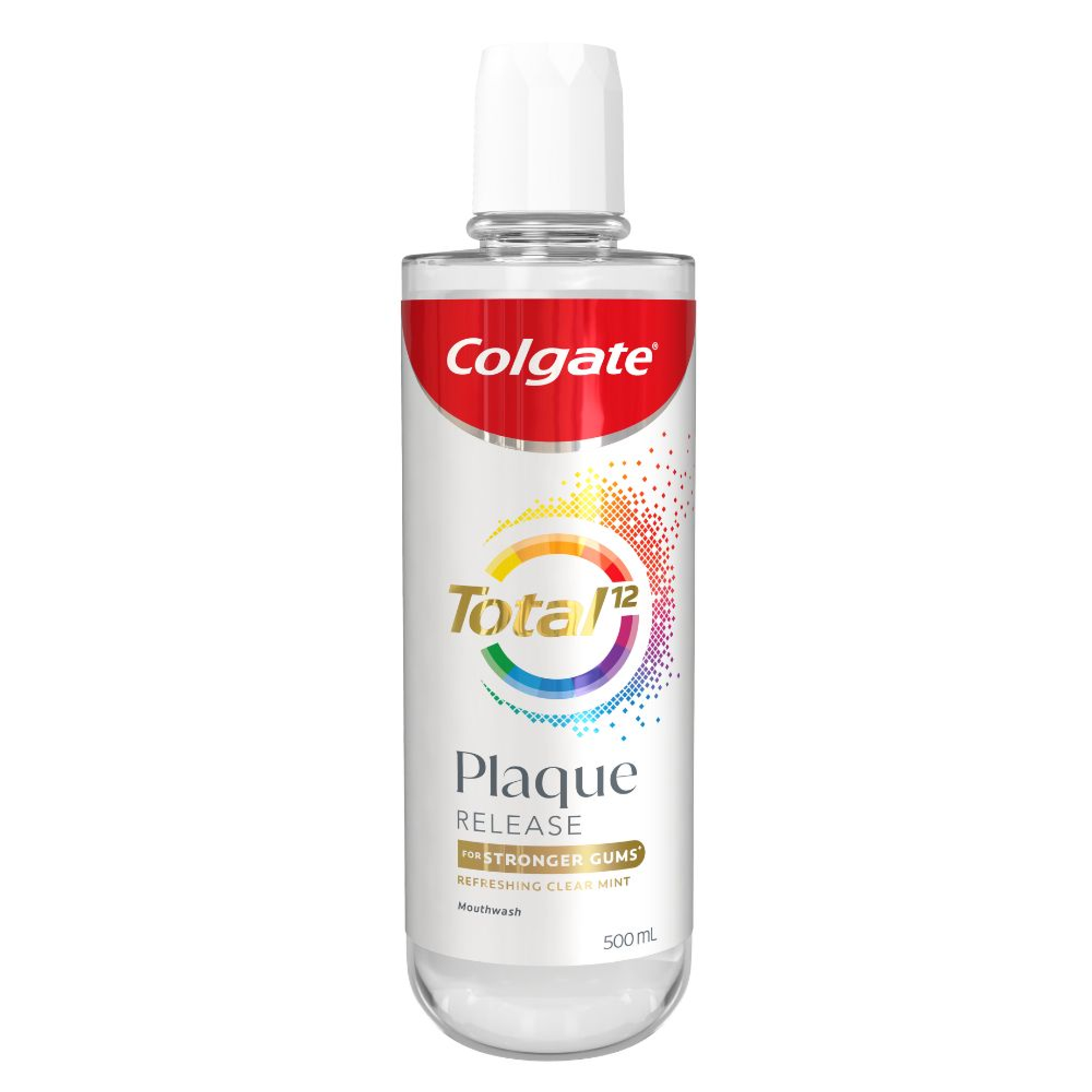Commercial Toothpaste Basics
Commercial toothpastes help remove plaque and debris from the teeth and along the gum line. Some toothpastes may have additional purposes, like whitening or reducing sensitivity. While the ingredients in commercial toothpastes vary, there are some common ingredients you'll find in most products. Fluoride, a mineral that helps strengthen tooth enamel, is something you'll frequently see on lists of ingredients. The American Dental Association calls fluoride "nature's cavity fighter."
Abrasives are responsible for removing stains and food debris from your teeth. Commercial toothpastes include gentle abrasives like dehydrated silica gels or hydrated aluminium oxides. These ingredients are specially designed to not scratch the tooth enamel.
Detergents, such as sodium lauryl sulphate, are also common in toothpastes. Detergents are what make the toothpaste foam when you brush, allowing you to reach all surfaces of the teeth.
Commercial toothpastes also have ingredients called humectants that keep the product from drying out. Humectants like glycol and glycerol keep the toothpaste soft and smooth. Of course, commercial toothpastes also have flavourings. Saccharin, sorbitol and other sweetening agents give toothpastes their pleasant tastes.
Common DIY Toothpaste Ingredients
The ingredients that you may find in recipes for DIY toothpastes are quite different from the ingredients in commercial toothpastes. Some recipes include ingredients you'd find around the house, like lemon juice, coconut oil and baking soda. Other recipes incorporate ingredients like clay or charcoal. For flavour and scent, people may add essential oils like spearmint, peppermint or cinnamon.
Advantages of Homemade Toothpaste
An advantage of making your own toothpaste is reducing plastic waste. Some commercial toothpastes are packaged in recyclable tubes and some are in plastic tubes that are discarded after use. People who opt for homemade versions often store their toothpaste in reusable glass or plastic jars. Once all the toothpaste is used, the container can be washed and reused.
Some people prefer making toothpaste at home because they want to have more control over the ingredients. Commercial toothpastes may have ingredients that are unfamiliar or hard to pronounce, like sodium lauryl sulphate. While these ingredients are safe, some people may want to use more familiar household ingredients.
Disadvantages of Homemade Toothpaste
Toothpastes that are made at home leave out a key ingredient: fluoride. Fluoride is a mineral that's found in soil and rocks, and it helps keep tooth enamel strong. The Singapore Ministry of Health notes that studies have repeatedly shown that tooth decay decreases when fluoride is added to a community's water supply. Major organisations like American Dental Association, World Health Organization and American Medical Association have endorsed the addition of fluoride to water supply. If you make your own toothpaste at home, you'll be missing out on the important benefits of fluoride.
While the ingredients in homemade toothpastes may be natural, that doesn't mean they're all safe for your teeth. Some ingredients, like lemon juice, are acidic and may damage enamel. Other ingredients, like baking soda, are mildly abrasive, which is also harmful to enamel. Storing toothpaste that you make at home can also pose challenges. If the toothpaste is stored in a jar, it may be difficult to keep it sanitary. Dipping the tip of a brush into the jar can contaminate the toothpaste, especially if you're sharing it with the whole family.
Depending on the ingredients in the recipe, some DIY toothpastes may need to be refrigerated. While commercial toothpastes often have a two-year expiration date, homemade products may have a shorter shelf life.
Protect Your Teeth With Commercial Toothpaste
There are many products that DIY enthusiasts can make on their own, but toothpaste shouldn't be one of them. To protect your teeth, make sure to buy toothpaste with cavity-fighting fluoride. Don't hesitate to ask your dentist for advice on choosing the right toothpaste for your oral health needs.













